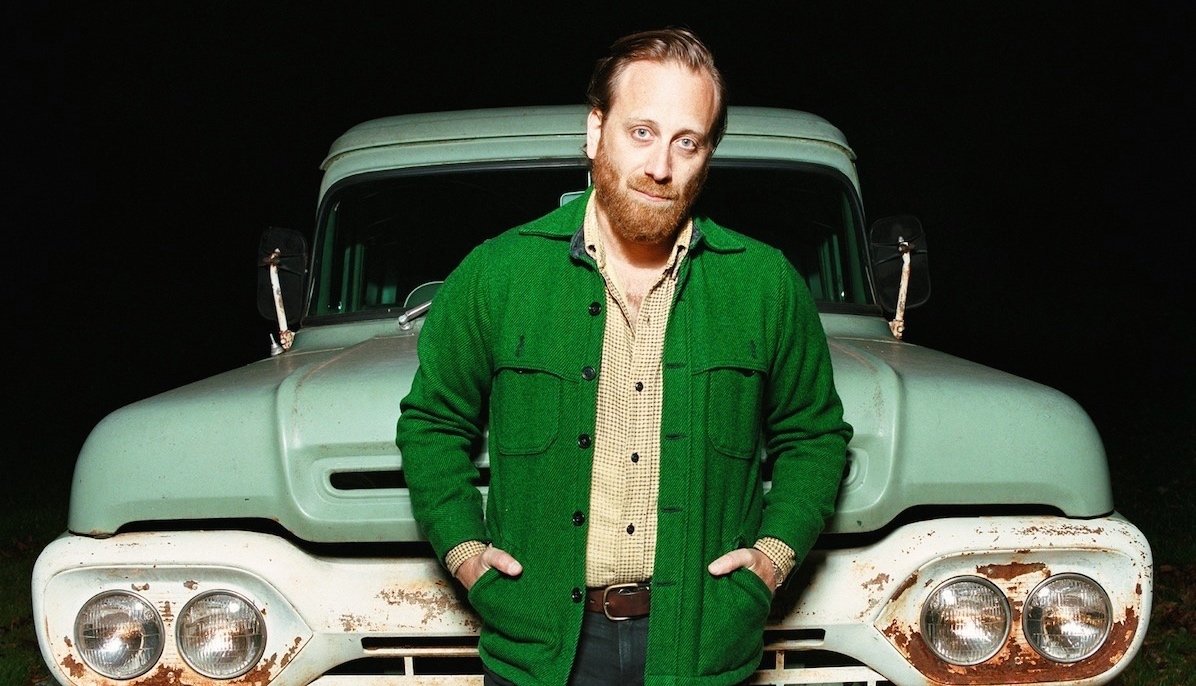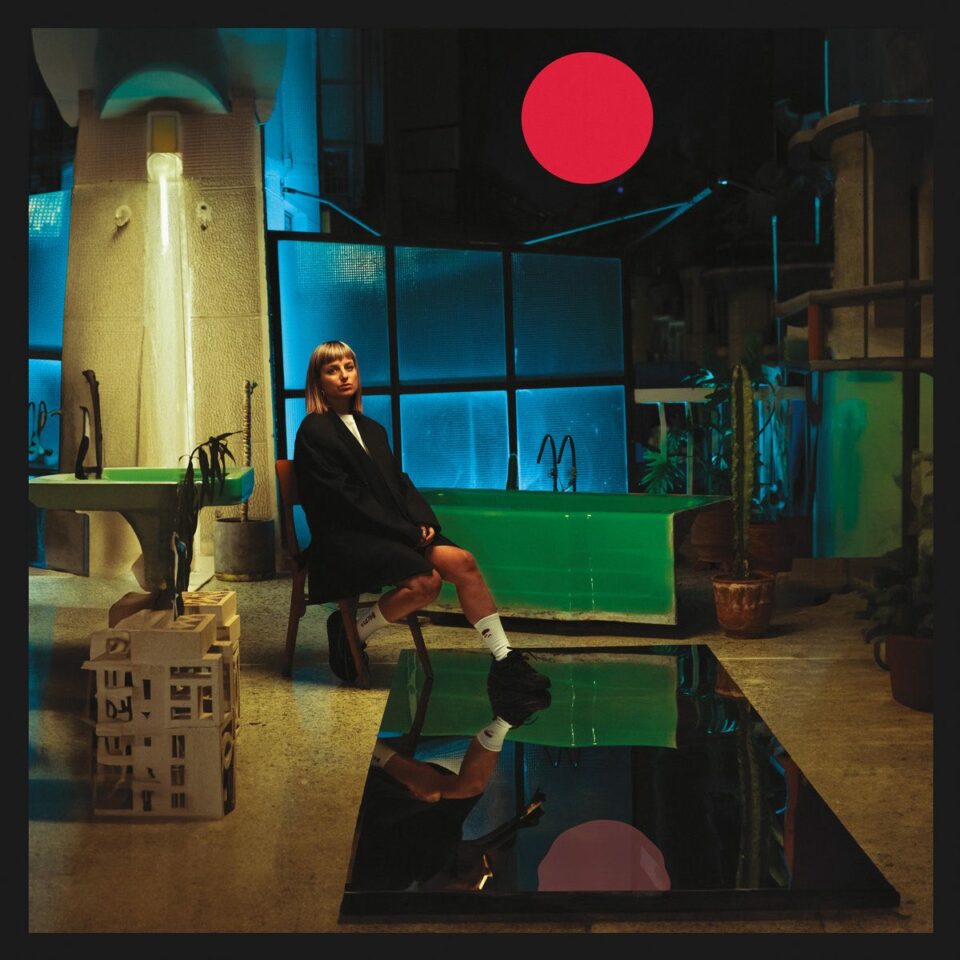Until he passed away in 2018 at the age of 75 from a heart attack at his home in Tennessee, Tony Joe White had quite the music career. Blues purists might know him from his 1969 hit “Polk Salad Annie,” but his songwriting skills garnered him some more mainstream success as well. He wrote two hits for Tina Turner in 1989 with “Steamy Windows” and “Undercover Agent for the Blues,” while his own hit has been covered by Elvis Presley and Tom Jones. When you have the likes of these icons playing your music, you must be doing something right.
Before he died, White had a bunch of unadorned voice and guitar demos sitting in his home studio—until Dan Auerbach from The Black Keys got a hold of them. Auerbach turned these demos into fleshed out arrangements with the help of a studio band—including keyboardist Bobby Wood, who’s played with Wilson Pickett and Elvis, guitar phenom Marcus King, and Grammy-winning fiddler Stuart Duncan—at his studio, Easy Eye Sound, in Nashville. The songs were released last Friday as a posthumous album of White’s titled Smoke From the Chimney via Auerbach’s label of the same name as his studio. Tracks like “Boot Money” and “Bubba Jones” hark back to the brilliance of the music White made during the ’60s and ’70s.
We recently talked to Auerbach about the making of the album, getting a few reputable musicians involved, and a new album from The Black Keys that’s due out soon.
How did you get a hold of these Tony Joe White demos? I’ve read that you and Tony were looking to do an album together while he was alive, but it never came to fruition.
Yeah, I’ve known his son Jody for 10 years or more, something crazy like that. He managed his dad while he was alive, and he also manages his estate, so we talked about it for years. He always wanted me to get into the studio with his dad, but for some reason it just didn’t work out. It was either due to touring or something else where our schedules never aligned.
You got quite a cast of studio musicians on the album. Did you reach out to each one yourself to be involved, or did this all come about a different way?
Like I do with most of the records at the studio, I usually kind of hand pick the band for the particular album since they’re all different. I pick whoever I think is going to work best, and for this one I really wanted to get a good feel of Tony Joe in the studio with those guys, so I had them all come in together and we played as a group to his music in the headphones. I think that really helped with giving it that real feeling live in the studio, which is the way Tony Joe made all of his best recordings. Honestly, these would have been the guys I’d have called if he’d still been alive. There’s a mix of new players and older players, which I really loved, too, because the ears don’t lie. Age doesn’t matter—what’s coming out of the speakers matters, so I really liked that combination.
“These would have been the guys I’d have called if Tony Joe White had still been alive. There’s a mix of new players and older players, which I really loved. Age doesn’t matter—what’s coming out of the speakers matters.”
Through Easy Eye, you’ve gotten to work with the likes of Robert Finley, Shannon & the Clams, Aaron Frazer, and many others as a producer. Going from lead musician to the guy who’s handling the sound board behind the scenes, what would you say are the biggest adjustments you have to make? Do you try to be hands off when it comes to working with these musicians?
I’m very involved. Most of these records start with writing before we even record—we’ll sometimes spend weeks writing and working on arrangements before we start recording. The moment when we do hit that record button, we’re not messing around while having to come up with the parts. We already know the blueprint for the song, we just have to make it feel good.
I do a lot of prep work for each album I do, which really helps. Honestly, it’s less about time and more about getting a better end result. It’s a lot more free to play the song and not have to think about the little things, that’s when you really get great results.
The first two albums from The Black Keys, The Big Come Up and Thickfreakness, were recorded in Patrick Carney’s basement when you both were living in Akron. Do you use any of the experience of those recordings toward what you do when it comes to producing?
I’m doing the exact same things that I did back then, except for the fact that I’m in a studio now. It’s pretty much exactly the same.
Do you have better acoustics now than you did in Patrick’s basement?
That would be arguable because it’s all personal preference. With that being said, I definitely have a space that I love to go to and make music. Whether it’s writing or recording, it’s the perfect mix of all those things after having gone to all of these different studios previously, year after year. While on tour I’ve stopped into some classic studios and places that made records I’ve loved, and I’ve looked around and taken notes. Easy Eye is basically a culmination of gathering all of those ideas into a place to have a good mix of all of them.
“While on tour I’ve stopped into some classic studios and places that made records I’ve loved, and I’ve looked around and taken notes. Easy Eye is basically a culmination of gathering all of those ideas into a place to have a good mix of all of them.”
When it comes to certain projects that you’re producing, do you ever bounce ideas off of Patrick to see what he thinks, or do you prefer to handle them by yourself?
I handle them all by myself usually. I’ll send Pat a record when I’m done with it to get his take on it sometimes in a situation where you need to pick a single or something. Pat’s good for something like that, too.
You and Patrick are releasing a new Black Keys album titled Delta Kream on the 14th. What can you say about that record, and what else do you have planned this year with Easy Eye?
We made Delta Kream to honor the Mississippi hill country blues tradition that influenced us when we started out. These songs are still as important to us today as they were the first day Pat and I started playing together and picked up our instruments. It was a very inspiring session with Pat and me, along with Kenny Brown and Eric Deaton, in a circle playing these songs. It felt so natural.
We’ve also been working on so many new things at Easy Eye. We got a new Robert Finley record coming out called Sharecropper’s Son later this month, and we were on TV a little while ago with Aaron Frazer for his new album, Introducing…, that we recorded at the studio, and we’ve been working in the studio with Yola for her album Stand for Myself that’s due out in July. Everyone is really excited about that record. FL









